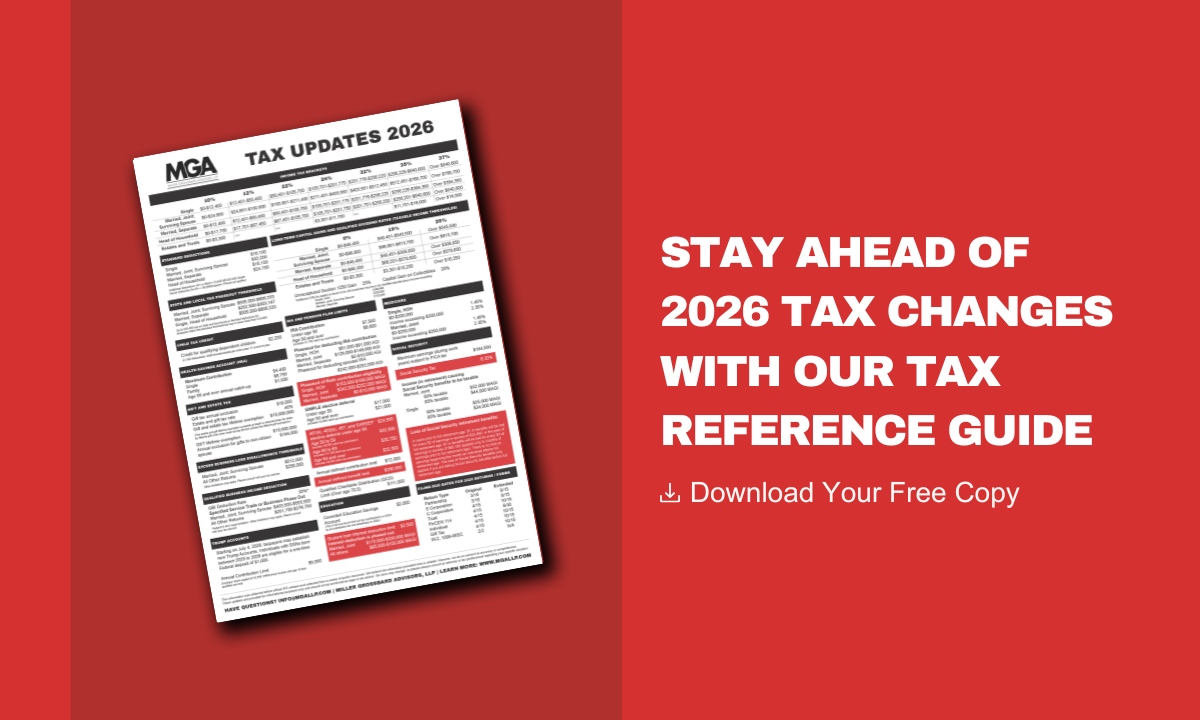As January 1, 2024, approaches, understanding and complying with the Corporate Transparency Act (CTA) becomes increasingly critical for businesses. The CTA, enacted as part of the National Defense Act for Fiscal Year 2021, aims to enhance transparency in business structures to combat money laundering, tax fraud, terrorism financing, and other illicit activities. This legislation marks a significant shift in how businesses report and disclose ownership information, affecting an estimated 32.6 million entities across the United States.
Is Your Business Subject to CTA Compliance?
The CTA primarily targets small businesses, including those without employees, requiring them to report Beneficial Ownership Information (BOI). Entities subject to the CTA's reporting requirements include:
- Domestic Entities: Corporations, LLCs, and similar entities formed under U.S. or tribal law.
- Foreign Entities: Foreign corporations and LLCs registered to do business in the U.S.
Are There Any Exceptions to the CTA's Reporting Obligations?
Not all entities are required to comply with the CTA's reporting requirements. Exemptions include but are not limited to publicly traded companies, certain regulated entities (such as banks, credit unions, and insurance companies), entities involved in private equity and venture capital, and subsidiaries of exempt entities.
Certain “large operating entities” that have a substantial presence in the U.S. may also qualify for exemption, given that they meet all three of the specific criteria listed below:
- Employ more than 20 full-time employees in the U.S.
- Report over $5,000,000 in gross receipts or sales in the U.S.
- Maintain an operational presence at a physical office within the U.S.
It's important to note that to qualify for these exemptions, entities must meet the specific criteria outlined by the CTA regulations. For a more detailed understanding of each exemption and its specific criteria, visit FinCEN’s FAQ site.
Who Is Considered a Beneficial Owner under the CTA?
A beneficial owner, under the CTA, is an individual who either exercises substantial control over a reporting company or owns at least 25% of its ownership interests. This definition is crucial to capture all individuals with significant influence in a company, regardless of their formal titles or stock ownership.
What Are the Who, What, and When of CTA Reporting Requirements?
Reporting companies must provide detailed information, including the company's full name, business address, and taxpayer identification number. For beneficial owners and company applicants, the required information includes their name, birthdate, address, and a unique identifying number from an official document like a driver's license or passport.
The deadlines for filing BOI reports vary:
- Existing Entities (Created Pre-2024): Must file by January 1, 2025.
- New Entities (Created between January 1, 2024 and December 31, 2024): Required to file within 90 days of formation.
- New Entities (Created on or after January 1, 2025): Required to file within 30 days of formation.
- Changes in Ownership: Reports must be updated within 30 days of any changes.
How Does the CTA Specifically Target Family Offices and Private Companies?
The Act mandates thorough compliance from family offices and private companies. These entities must be prepared to disclose detailed information about owners and individuals involved in their formation and management. Collecting and submitting this information to the Financial Crimes Enforcement Network (FinCEN) is crucial, as law enforcement agencies and financial institutions will utilize it for regulatory purposes.
How Can Businesses Be Proactive in Achieving CTA Compliance?
To align with the Act, entities must establish procedures for reporting beneficial owner information at the formation stage and whenever ownership changes occur, creating an ongoing compliance responsibility. This includes reviewing ownership and capital structures to identify reportable beneficial owners and amending agreements to ensure cooperation in information gathering and updating.
What Are the High Stakes of Non-Compliance with the CTA?
Non-compliance can lead to severe penalties, including a civil penalty of $500 per day and criminal charges leading to fines up to $10,000 and two years of imprisonment. Reporting companies, their senior officers, and other responsible individuals, including beneficial owners, are at risk if they fail to report accurately or provide false information.
HERE’S WHAT YOU NEED TO DO NEXT
With the CTA implementation on the horizon, it's vital for businesses to navigate their reporting responsibilities. Given the CTA's implications, we strongly recommend consulting with a legal expert. Unlike typical accounting or tax matters, the preparation and compliance of these forms is fundamentally a legal affair. It's important to understand that while we are here to provide guidance, our role does not extend to the direct preparation of these reports.
Seeking further details? Click here for additional information, FAQs, and an important alert from FinCEN notifying of fraudulent attempts to solicit information from individuals and entities who may be subject to reporting requirements.
Subscribe Now!
Want to stay up to date with our latest blog posts, educational videos, webinars, and more? Get the newest updates delivered right to your inbox by clicking here to receive instant notifications whenever we publish fresh content.
Alternatively, you can opt for our monthly roundup with valuable information and insights from our team of experts. Subscribe today and stay ahead of the curve with us.
.png?width=191&name=mgalogofinal-01%20(3).png)




